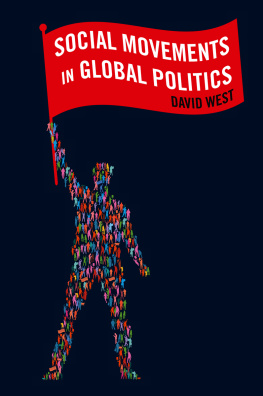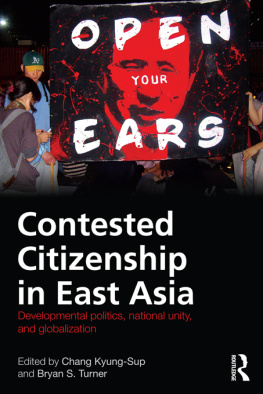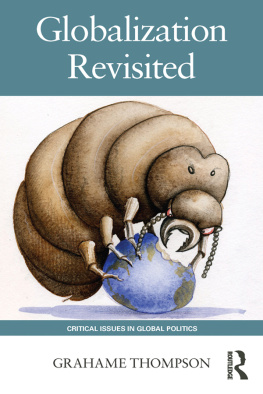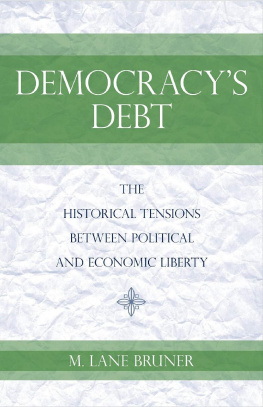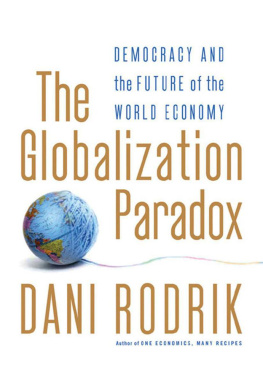Louay M. Safi - Islam and the Trajectory of Globalization: Rational Idealism and the Structure of World History
Here you can read online Louay M. Safi - Islam and the Trajectory of Globalization: Rational Idealism and the Structure of World History full text of the book (entire story) in english for free. Download pdf and epub, get meaning, cover and reviews about this ebook. year: 2021, publisher: Routledge, genre: History. Description of the work, (preface) as well as reviews are available. Best literature library LitArk.com created for fans of good reading and offers a wide selection of genres:
Romance novel
Science fiction
Adventure
Detective
Science
History
Home and family
Prose
Art
Politics
Computer
Non-fiction
Religion
Business
Children
Humor
Choose a favorite category and find really read worthwhile books. Enjoy immersion in the world of imagination, feel the emotions of the characters or learn something new for yourself, make an fascinating discovery.

- Book:Islam and the Trajectory of Globalization: Rational Idealism and the Structure of World History
- Author:
- Publisher:Routledge
- Genre:
- Year:2021
- Rating:4 / 5
- Favourites:Add to favourites
- Your mark:
Islam and the Trajectory of Globalization: Rational Idealism and the Structure of World History: summary, description and annotation
We offer to read an annotation, description, summary or preface (depends on what the author of the book "Islam and the Trajectory of Globalization: Rational Idealism and the Structure of World History" wrote himself). If you haven't found the necessary information about the book — write in the comments, we will try to find it.
The book examines the growing tension between social movements that embrace egalitarian and inclusivist views of national and global politics, most notably classical liberalism, and those that advance social hierarchy and national exclusivism, such as neoliberalism, neoconservatism, and national populism. In exploring issues relating to tensions and conflicts around globalization, the book identifies historical patterns of convergence and divergence rooted in the monotheistic traditions, beginning with the ancient Israelites that dominated the Near East during the Axial age, through Islamic civilization, and finally by considering the idealism-realism tensions in modern times. One thing remained constant throughout the various historical stages that preceded our current moment of global convergence: a recurring tension between transcendental idealism and various forms of realism. Transcendental idealism, which prioritize egalitarian and universal values, pushed periodically against the forces of realism that privilege established law and power structure. Equipped with the idealism-realism framework, the book examines the consequences of European realism that justified the imperialistic venture into Africa, the Middle East, and Latin America in the name of liberation and liberalization. The ill-conceived strategy has, ironically, engendered the very dysfunctional societies that produce the waves of immigrants in constant motion from the South to the North, simultaneously as it fostered the social hierarchy that transfer external tensions into identity politics within the countries of the North. The book focuses particularly on the role played historically by Islamic rationalism in translating the monotheistic egalitarian outlook into the institutions of religious pluralism, legislative and legal autonomy, and scientific enterprise at the foundation of modern society. It concludes by shedding light on the significance of the Muslim presence in Western cultures as humanity draws slowly but consistently towards what we may come to recognize as the Global Age.
The Open Access version of this book, available at http://www.taylorfrancis.com/books/e/9781003203360, has been made available under a Creative Commons Attribution-Non Commercial-No Derivatives 4.0 license.
Louay M. Safi: author's other books
Who wrote Islam and the Trajectory of Globalization: Rational Idealism and the Structure of World History? Find out the surname, the name of the author of the book and a list of all author's works by series.

